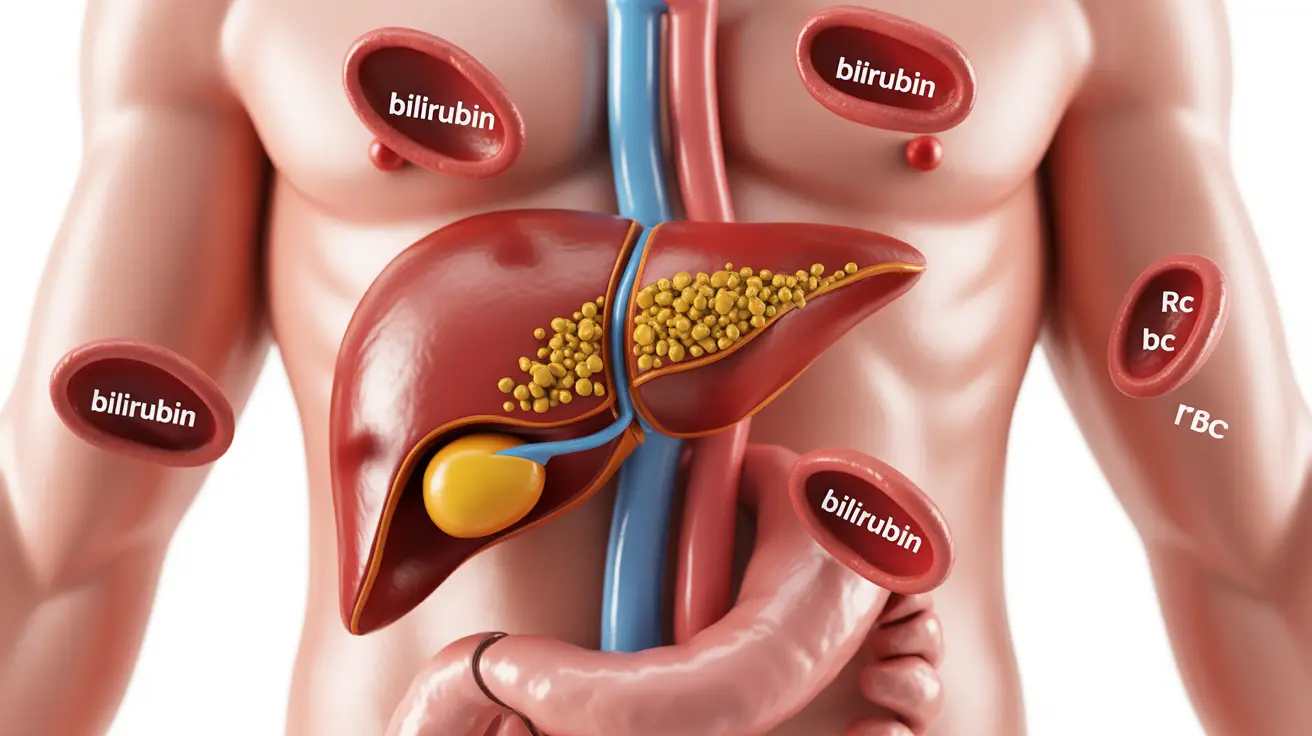Bilirubin is a yellowish compound produced when your body breaks down old red blood cells. While high bilirubin levels often receive more attention, understanding low bilirubin levels is equally important for monitoring overall health. This article explores the significance of low bilirubin, its potential causes, and what you need to know about testing.
What Is Bilirubin and Why Is It Important?
Bilirubin serves as a crucial biomarker in your body, primarily produced during the natural breakdown of hemoglobin from red blood cells. Normal bilirubin levels typically range between 0.3 and 1.2 mg/dL, with variations depending on the laboratory and testing method used.
When bilirubin levels fall below the normal range, it may indicate underlying health conditions or reflect the impact of certain medications and lifestyle factors.
Common Causes of Low Bilirubin
Several factors can contribute to lower-than-normal bilirubin levels:
Medications and Supplements
Certain medications can affect how your body processes bilirubin, including:
- Various antibiotics
- Some anti-inflammatory drugs
- Birth control pills
- Barbiturates
Lifestyle Factors
Daily habits that might influence bilirubin levels include:
- Regular caffeine consumption
- Certain dietary patterns
- Exercise intensity and frequency
Medical Conditions
Several health conditions may be associated with low bilirubin levels:
- Anemia
- Liver function changes
- Certain genetic variations
- Hormonal imbalances
Health Implications of Low Bilirubin
While low bilirubin itself isn't typically considered dangerous, it may signal underlying health concerns or increased risk factors for certain conditions. Research suggests potential associations between consistently low bilirubin levels and cardiovascular health, oxidative stress, and inflammatory responses.
Preparing for Bilirubin Testing
To ensure accurate bilirubin test results:
- Fast for 4-8 hours before the test
- Inform your healthcare provider about all medications and supplements
- Maintain normal hydration levels
- Avoid strenuous exercise 24 hours before testing
- Schedule morning appointments when possible
Monitoring and Management
If your bilirubin levels are low, your healthcare provider may recommend:
- Regular monitoring through blood tests
- Evaluation of medication effects
- Assessment of underlying conditions
- Lifestyle modifications if necessary
Frequently Asked Questions
What are the common causes of low bilirubin levels in blood tests?
Low bilirubin levels can be caused by certain medications, frequent caffeine consumption, some genetic factors, and various medical conditions affecting liver function or red blood cell production.
Can low bilirubin levels indicate a health problem or increase disease risk?
While low bilirubin itself isn't typically dangerous, it may be associated with increased risk of certain cardiovascular conditions and could indicate underlying health issues that require medical evaluation.
How can certain medications and caffeine affect bilirubin levels?
Some medications can alter liver function and bilirubin processing, while caffeine may influence how the body metabolizes bilirubin. Birth control pills, antibiotics, and certain other medications can contribute to lower bilirubin levels.
Are there any symptoms to watch for if my bilirubin levels are low?
Low bilirubin typically doesn't cause direct symptoms. However, if it's related to an underlying condition, you might experience fatigue, weakness, or other symptoms specific to that condition.
How should I prepare for a bilirubin blood test to get accurate results?
For accurate results, fast for 4-8 hours before the test, maintain normal hydration, avoid strenuous exercise for 24 hours prior, and inform your healthcare provider about any medications or supplements you're taking.




